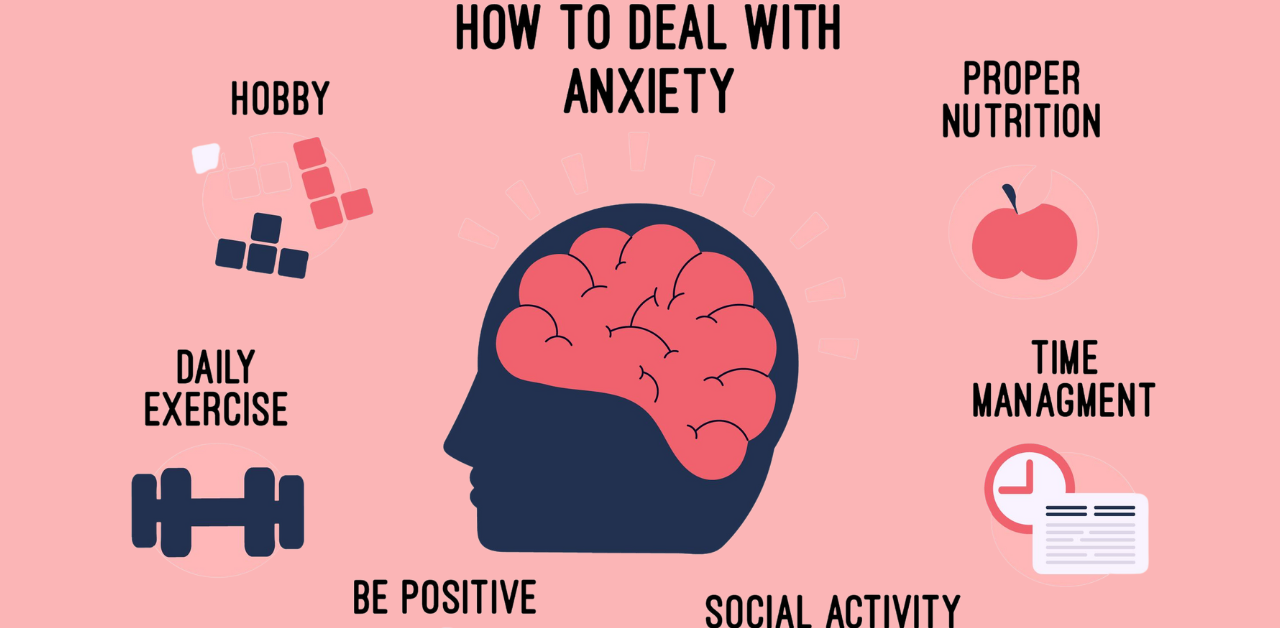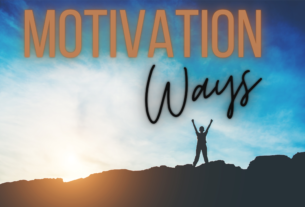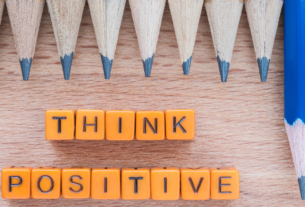Techniques to reduce stress and improve mental clarity
In today’s fast-paced and busy world, it’s common for people to feel overwhelmed and stressed. Stress can lead to a variety of negative outcomes, such as poor sleep, decreased productivity, and negative impact on mental and physical health. Practicing mindfulness which involves being present and aware of the current moment, can be an effective tool to reduce stress and improve mental clarity. Mindfulness techniques encourage individuals to focus on their thoughts, feelings, and surroundings without judgment, which can help reduce the impact of stressors on the body and mind. Some effective mindfulness techniques include deep breathing exercises, meditation, and body scans. Stress and mental clutter are common challenges in our daily lives. Fortunately, there are several techniques that can help reduce stress and improve mental clarity. Here are some steps to follow:
Identify the source of your stress:
Before you can address your stress, you need to understand what is causing it. Take some time to reflect on your life and identify what is causing you the most stress. It could be work-related, relationship-related, financial or health-related. Identifying the source of your stress is an important step towards managing it effectively. It involves recognizing the specific situations, events, or people that trigger stress reactions in you. Once you have identified the source of your stress, you can take steps to reduce or eliminate it, or develop coping strategies to better manage your reactions to it. This can help to improve your mental clarity and overall well-being.
Practice relaxation techniques:
Once you have identified the source of your stress, the next step is to practice relaxation techniques that can help you calm your mind and reduce your stress levels. Techniques like deep breathing, meditation, yoga, and progressive muscle relaxation are all effective ways to reduce stress. Relaxation techniques are practices that help calm the mind and body, reducing stress and improving mental clarity. These techniques can include deep breathing exercises, progressive muscle relaxation. Practicing Mindfulness meditation, yoga, and guided imagery. Regular practice of these techniques can improve mood, reduce anxiety, and increase overall well-being.
Exercise regularly:
Exercise is a natural stress reliever and can also help improve your mental clarity. Regular exercise releases endorphins, which are natural mood boosters, and can help reduce symptoms of anxiety and depression. Regular exercise is a powerful technique for reducing stress and improving mental clarity. It helps to release endorphins, the body’s natural mood-boosters, and reduces the levels of stress hormones like cortisol. Exercise also improves blood flow and oxygenation to the brain, which enhances cognitive function and promotes mental clarity.
Get enough sleep:
Lack of sleep can make you feel more stressed and less focused. Aim for 7-8 hours of sleep each night to help improve your mental clarity and reduce stress levels. Getting enough sleep is crucial for reducing stress and improving mental clarity. Lack of sleep can cause fatigue, irritability, and difficulty concentrating. Aim for 7-9 hours of sleep per night, establish a regular sleep schedule, and create a relaxing bedtime routine to promote better sleep quality.
Eat a healthy diet:
Eating a balanced diet can help reduce stress and improve mental clarity. Include plenty of fresh fruits and vegetables, lean protein, and whole grains in your diet to provide your body with the nutrients it needs to function at its best. Eating a healthy diet can help reduce stress and improve mental clarity by providing the necessary nutrients to support brain function and hormone regulation. A balanced diet rich in whole foods, including fruits, vegetables, whole grains, and lean proteins, can also help regulate blood sugar levels, which can contribute to mood stability and energy levels.
Manage your time effectively:
Poor time management can contribute to feelings of stress and overwhelm. Make a schedule and prioritize your tasks to help you manage your time more effectively and reduce stress. To reduce stress and improve mental clarity, effective time management techniques include prioritizing tasks, setting achievable goals, and scheduling breaks. Also, incorporate stress-reducing activities such as exercise, meditation, or hobbies into your routine. Finally, eliminate distractions and delegate tasks when possible to optimize productivity.
Connect with others:
Connecting with others can help reduce stress and improve mental clarity. Spend time with friends and family, join a social club or group, or volunteer in your community to help build connections and reduce stress. There are various techniques to reduce stress and improve mental clarity, such as practicing mindfulness meditation, engaging in physical activity, build self confidence and communicate to others and getting enough sleep, and connecting with others. Social connections can provide emotional support, a sense of belonging, and help reduce stress. By following these steps, you can reduce stress and improve mental clarity, which can lead to a happier, healthier life.
Conclusion:
Stress and mental clutter can negatively impact our health and well-being. To reduce stress and improve mental clarity, one can practicing mindfulness meditation, engage in physical exercise, prioritize quality sleep, limit technology use, and establish healthy social connections. Mindfulness meditation can help train the mind to focus on the present moment and reduce anxious thoughts. Exercise can release endorphins, improving mood and reducing stress. Prioritizing quality sleep can help the body restore and repair itself, leading to improved mental clarity. Limiting technology use and establishing healthy social connections can reduce stress and improve overall well-being. Incorporating these techniques can lead to a healthier and more balanced life.
FAQs:
How to calm your mind?
To calm your mind, try practicing mindfulness meditation, deep breathing exercises, or engaging in a calming activity such as yoga or reading. You can also try limiting your exposure to stressors, getting enough sleep, and prioritizing self-care.




